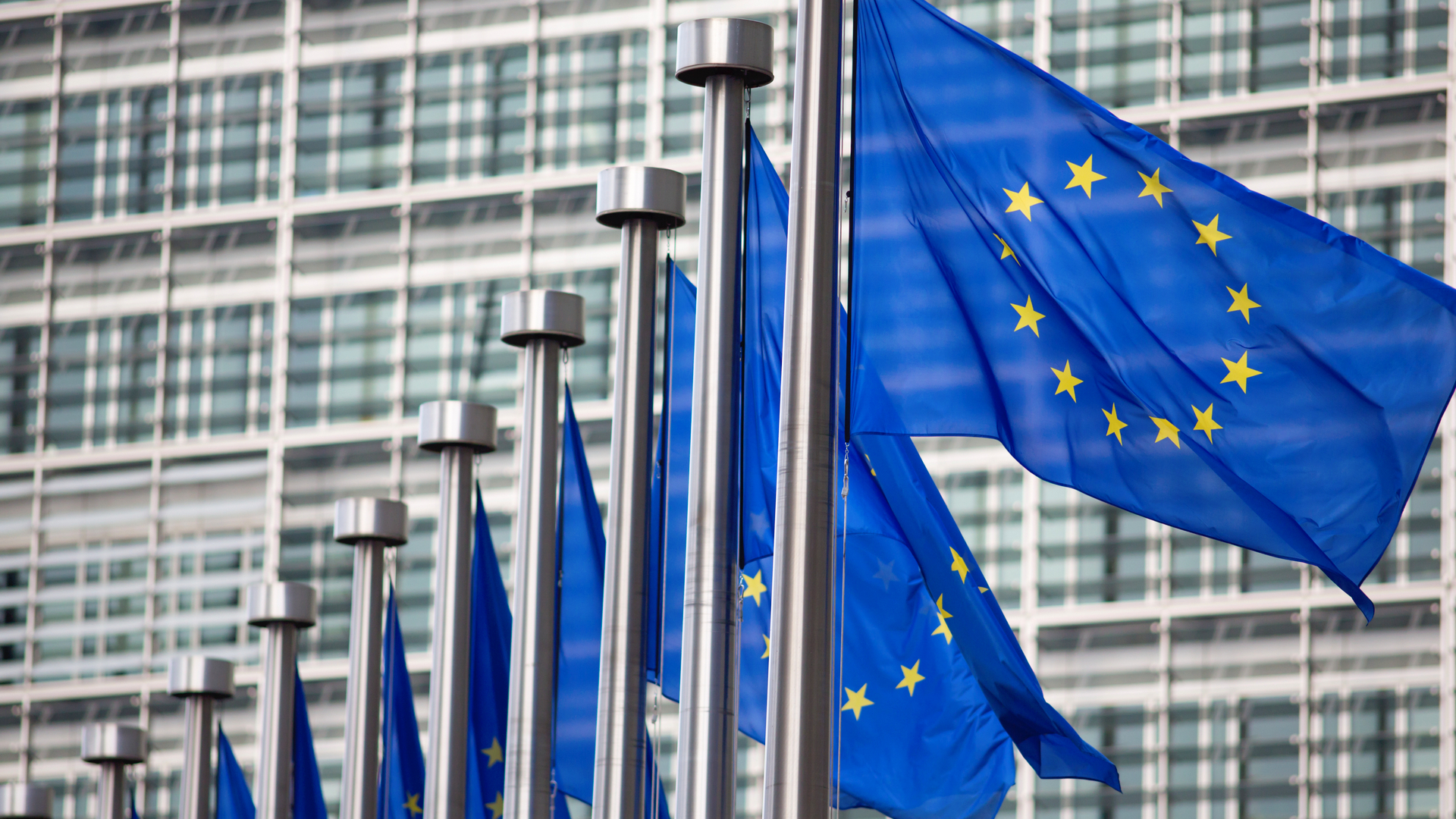European Parliament under investigation over election data sharing
Legislature used a third-party firm thought to be at the centre of electoral controversy in the UK and US


The European Data Protection Supervisor (EDPS), the EU’s data protection authority, has launched an investigation into an EU institution over alleged improper sharing of personal data.
The European Parliament has been under investigation by the EDPS since February 2019, the authority announced on Thursday. The investigation will focus on the relationship the European Parliament has with the US software company NationBuilder.
To raise awareness and engagement with the 2019 parliamentary elections, the European Parliament was tasked with organising a campaign which they conducted through a site called thistimeimvoting.eu. Around 329,000 individuals handed their personal information over to the site, with data being processed by NationBuilder on behalf of the European Parliament.
NationBuilder’s services have been the centre of electoral controversy for a number of years now. The US firm offers a service with a number of optional features that can be turned off by the client, but its fair use by political bodies is shrouded in uncertainty.
"EU data protection law doesn't prevent EU controllers from using processors outside the EU," said Eleonor Duhs, director of technology, outsourcing and privacy at law firm Fieldfisher. "But they do need to ensure that personal data from the EU is protected in accordance with EU standards when it is transferred abroad.
"Whatever the outcome of this investigation there is a very real threat to our democracies posed by online manipulation of the electorate," she added. "This raises important questions about privacy but also about fundamental rights more generally, for example, freedom of expression, freedom of thought and the right to participate in public affairs and engage in public debate."
In light of the Facebook and Cambridge Analytica scandal, "it will be important for the EDPS as a supervisory authority to show that the European Parliament is not immune from enforcement action," said Emma Erskine-Fox, technology and IP associate at UK law firm TLT.
Sign up today and you will receive a free copy of our Future Focus 2025 report - the leading guidance on AI, cybersecurity and other IT challenges as per 700+ senior executives
In 2017, a UK judge ordered the UKIP party to hand over details of how it used and processed data collected during its Brexit referendum campaign.
The party was accused of using NationBuilder’s “match function” which could allegedly allow a party to match their data with social media profiles without the account owner aware that it was happening.
It has also been reported that Donald Trump, Theresa May and Boris Johnson all used NationBuilder’s “powerful campaigning software” to secure political power.
The European Parliament first used NationBuilder in 2018 in what it called a pilot program to spread awareness of a campaign across the EU, it told Bloomberg. It said it would only use basic functions provided by the software company such as the content management system, but even if that was the case, transferring data outside and back into the EEA, particularly in the US, is "tricky at the best of times," said Erskine-Fox.
"This is because of the need to ensure the personal data is protected in the same way as it would be in the EEA," she said. "The issue is further complicated by various ongoing challenges in the Court of Justice of the European Union (CJEU) which could result in mechanisms traditionally used to ensure this level of protection being declared invalid."
The European Parliament adopted a resolution to protect the parliamentary elections from data misuse in March 2019. The EDPS’ investigation will continue, saying "data protection plays a fundamental role in ensuring electoral integrity and must therefore be treated as a priority in the planning of any election campaign”.
"The EU parliamentary elections came in the wake of a series of electoral controversies, both within the EU Member States and abroad, which centred on the threat posed by online manipulation," said Wojciech Wiewiórowski, assistant EDPS. "Strong data protection rules are essential for democracy, especially in the digital age."
The European Parliament has been hit with two separate reprimands from the EDPS, one for using NationBuilder and another for failing to publish a compliant privacy policy for the thistimeimvoting website within the deadline set by the EDPS.
RELATED RESOURCE

In addition to investigating the relationship between the European Parliament and NationBuilder, the EDPS will also continually check the European Parliament’s data processing policies after it recently revised its intentions to keep the data from thistimeimvoting until 2024.
The EDPS said the results of these checks could lead to additional findings.
"The EDPS expects the EU institutions, offices, bodies and agencies to lead by example in ensuring that the interests of all those living in the EU are adequately protected when their personal data is processed," said the EDPS. "This requires increased cooperation and more effective understanding between the EDPS and the EU institutions it supervises."

Connor Jones has been at the forefront of global cyber security news coverage for the past few years, breaking developments on major stories such as LockBit’s ransomware attack on Royal Mail International, and many others. He has also made sporadic appearances on the ITPro Podcast discussing topics from home desk setups all the way to hacking systems using prosthetic limbs. He has a master’s degree in Magazine Journalism from the University of Sheffield, and has previously written for the likes of Red Bull Esports and UNILAD tech during his career that started in 2015.
-
 TPUs: Google's home advantage
TPUs: Google's home advantageITPro Podcast How does TPU v7 stack up against Nvidia's latest chips – and can Google scale AI using only its own supply?
-
 Microsoft Excel is still alive and kicking at 40
Microsoft Excel is still alive and kicking at 40News A recent survey found Gen Z and Millennial finance professionals have a strong “emotional attachment” to Microsoft Excel
-
 PowerEdge - Cyber resilient infrastructure for a Zero Trust world
PowerEdge - Cyber resilient infrastructure for a Zero Trust worldWhitepaper Combat threats with an in-depth security stance focused on data security
-
 Anticipate, prevent, and minimize the impact of business disruptions
Anticipate, prevent, and minimize the impact of business disruptionsWhitepaper Nine best practices for building operational resilience
-
 Three steps to transforming security operations
Three steps to transforming security operationsWhitepaper How to be more agile, effective, collaborative, and scalable
-
 Top ten ways to anticipate, eliminate, and defeat cyber threats like a boss
Top ten ways to anticipate, eliminate, and defeat cyber threats like a bossWhitepaper Improve your cyber resilience and vulnerability management while speeding up response times
-
 The complete SaaS backup buyer's guide
The complete SaaS backup buyer's guideWhitepaper Informing you about the realities of SaaS data protection and why an SaaS back up is essential
-
 The 'cyber aSaaSin' manual
The 'cyber aSaaSin' manualWhitepaper Providing valuable insights to identify SaaS data enemies and win the battle against SaaS data threats
-
 Best practices for Microsoft 365 business continuity
Best practices for Microsoft 365 business continuityWhitepaper Discover how to mitigate the effects of large-scale, high-cost data loss disasters
-
 How to answer a tricky subject access request (SAR)
How to answer a tricky subject access request (SAR)Tutorials How do you prove a customer is who they say they are, and how much information should you provide?